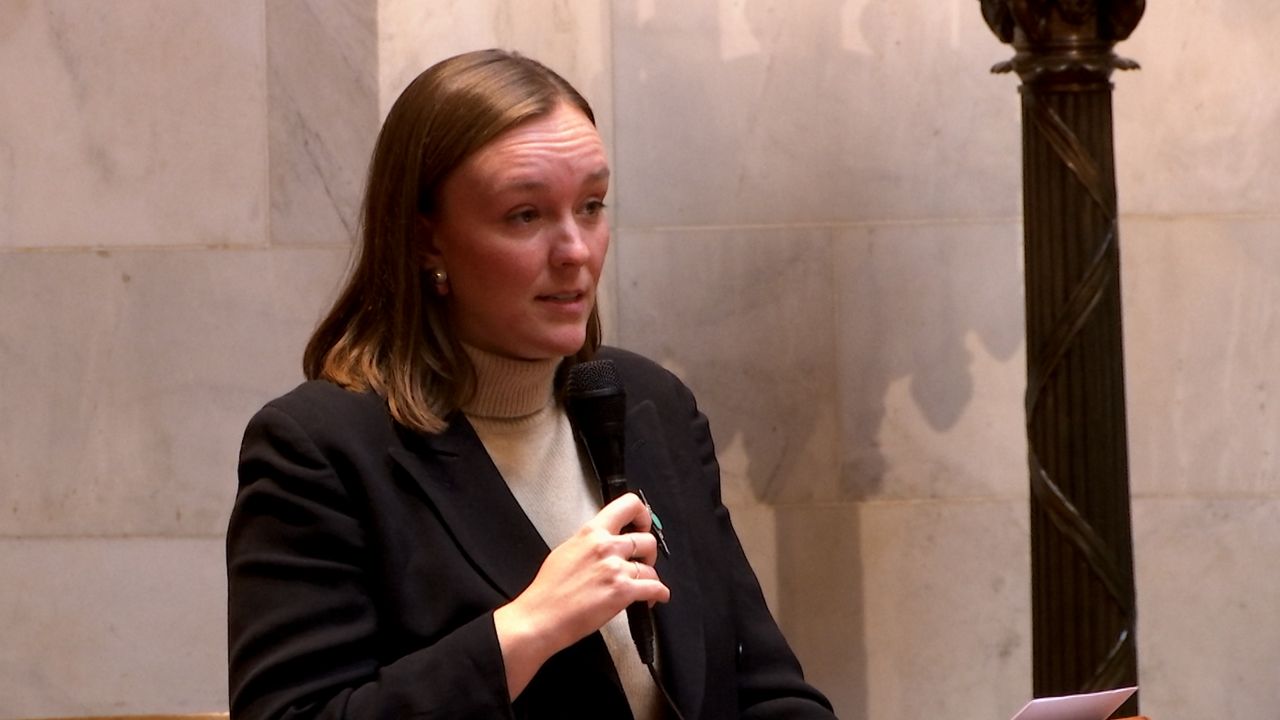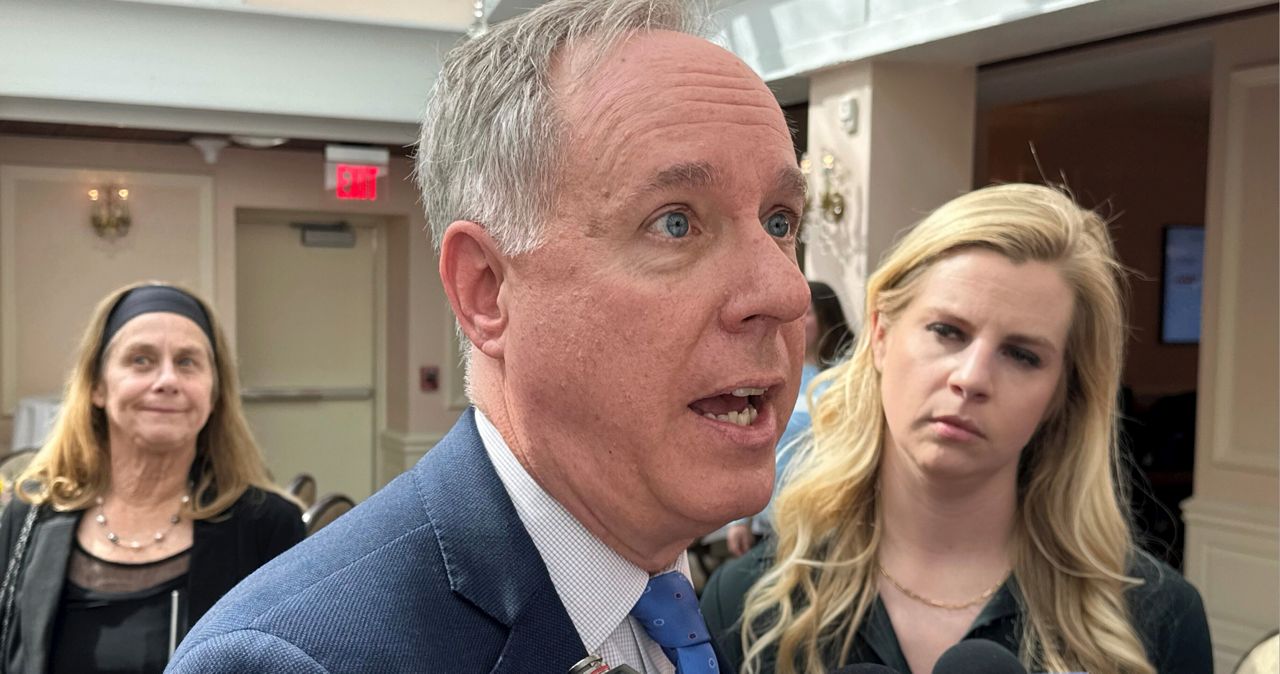MADISON, Wis. — Several state lawmakers won’t return to Madison next year, as some run for other offices or retire from public life altogether.
Though turnover is inevitable, the new legislative maps have played a role, and redistricting is impacting recruitment.
As of now, according to WisPolitics, more than a third of the Assembly Democratic caucus is expected to turn over before the next biennium. Currently, Democrats hold 35 seats compared to the 64 seats Republicans have. However, the current minority leader isn’t too worried about recruiting new faces.
“This is my second election cycle as leader, and what I will say is last time, we were making a lot of calls, and this time we are receiving a lot of calls,” State Rep. Greta Neubauer, D-Racine, said.
Neubauer said with new maps, things are different now, and more people are excited about the chances of Democrats picking up more seats.

“I think we’ve gotten hundreds, at this point, of contacts from people across the state who want to run for some of those open seats where we’ve got retirements or folks running for other positions, those really competitive seats, often in parts of the state that have not seen competitive legislative elections in many years, places like Sheboygan and Wausau and the Green Bay suburbs and Hudson,” Neubauer explained.
Though far fewer, some Republicans aren’t seeking reelection either, and Speaker Robin Vos knows his party will come back next year with fewer seats in the Assembly.
“[Democrats] are probably going to come back, my guess, is around 45 seats, that’s what we’re predicting when we kind of look at everything, so it’s certainly going to be closer, but what my Democratic colleagues fail to realize is that the closer the margins, the harder compromise actually becomes.”

During a WisPolitics luncheon in March, Vos made some predictions and told the crowd Republicans will likely start with 46 seats that are 55% or more in their favor.
If you factor in another three seats that only slightly lean more in the GOP’s favor, the party would only need to win one competitive race to keep its majority.
While Vos seems confident about those numbers, it comes down to the candidates.
“We will normally try to find perhaps a local elected official,” Vos explained. “We will find somebody who perhaps is a small business owner or retiree that had a successful career, and kind of say that’s one of the things that we have in our secret sauce. We find people who represent the community.”
Communities that come November will ultimately decide which party controls Wisconsin’s Assembly.



